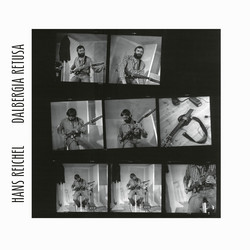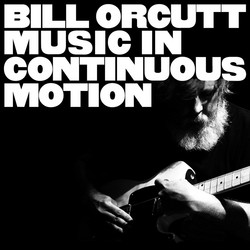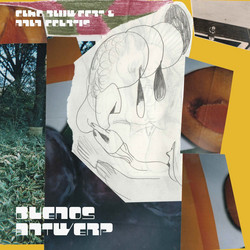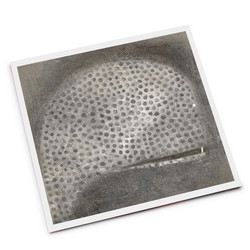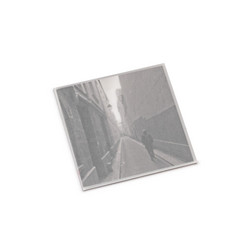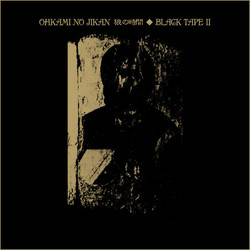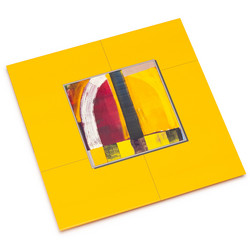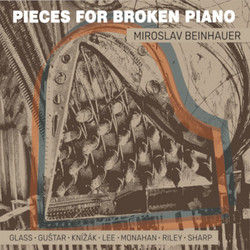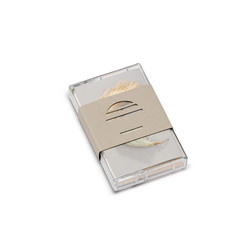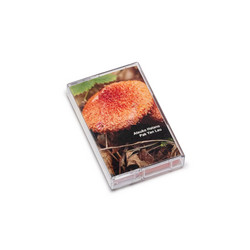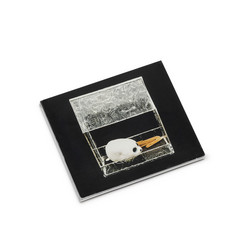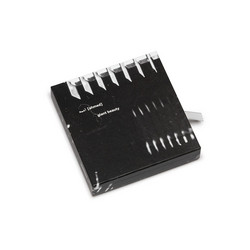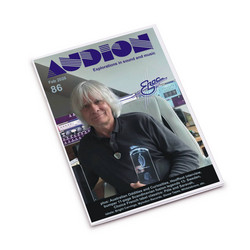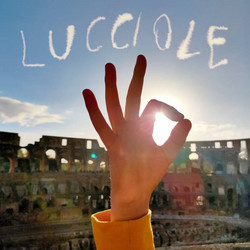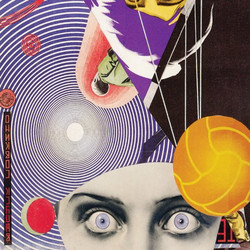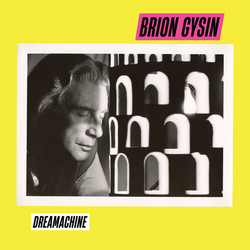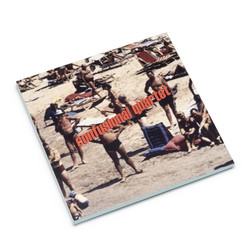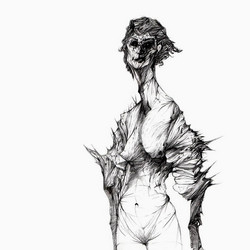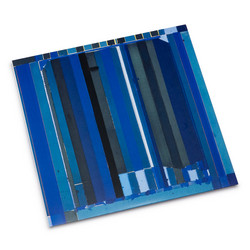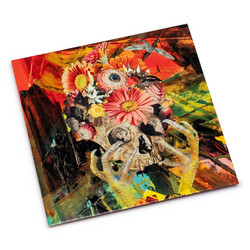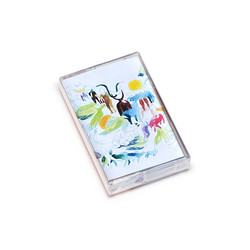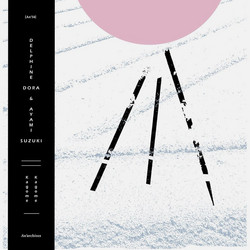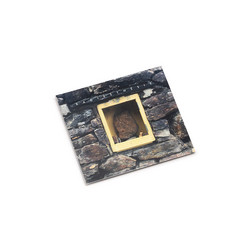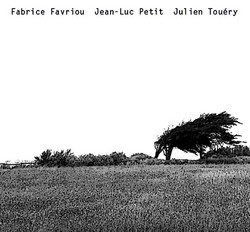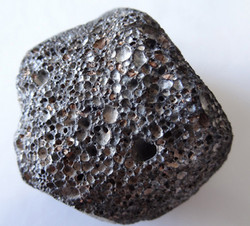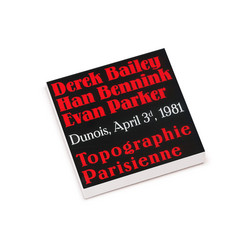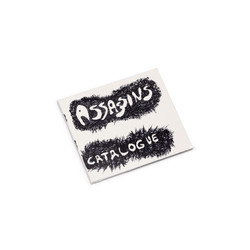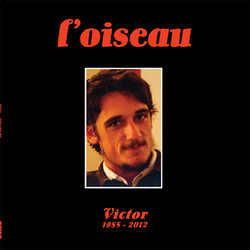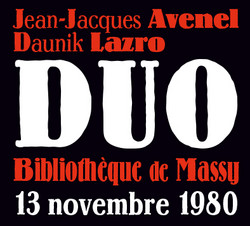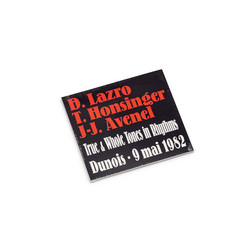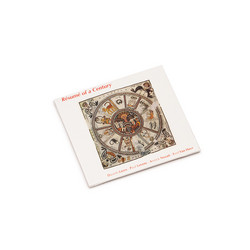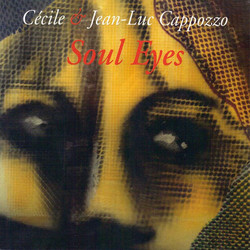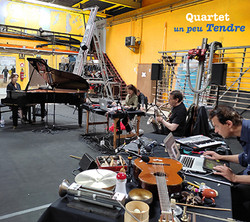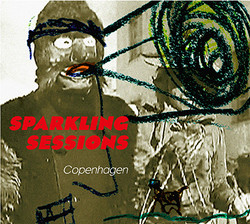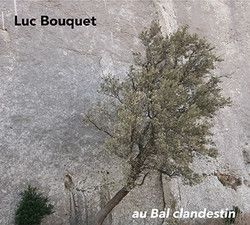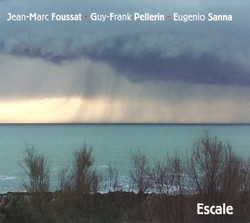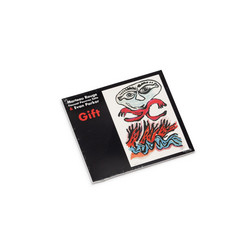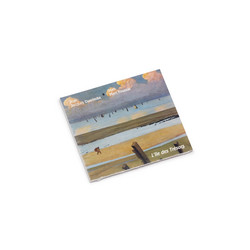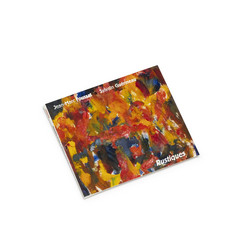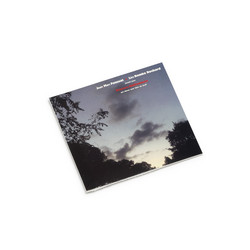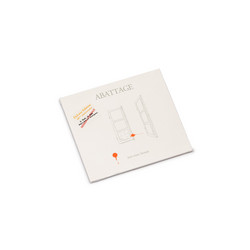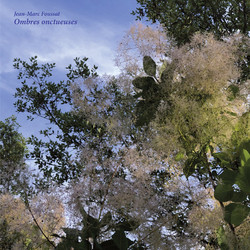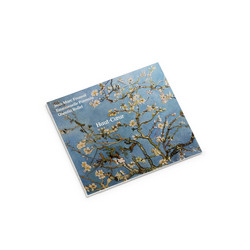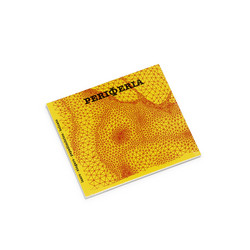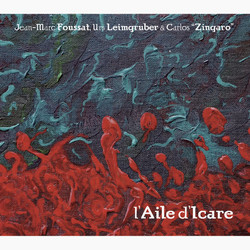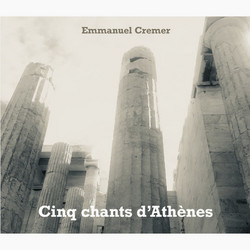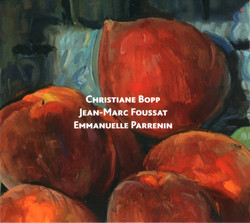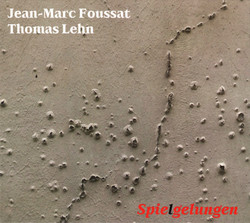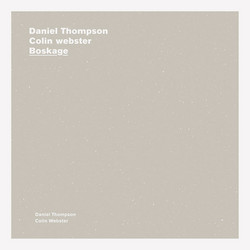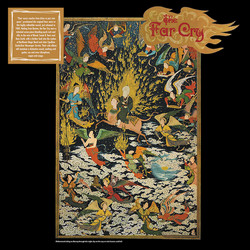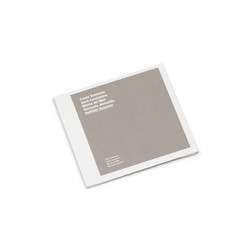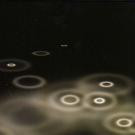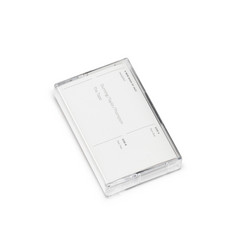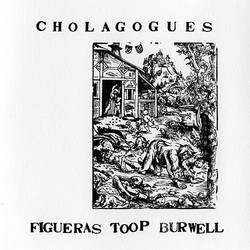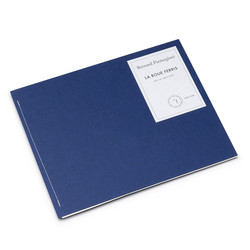"Piano and reeds duet. More precisely, Didier Fréboeuf, the pianist, is also credited for clavietta and objects and the prompter Jean-Luc Petit, tenor and sopranino sax as well as contrabass clarinet. Three Crusts. Not badly chosen title compared to the improvised music that they play towards each other: these two do not stay on the surface of things. They work in depth on their exchanges by developing a nice variety of playing modes both on the keyboard and in the strings and on the reeds.
I appreciate the dry and biting, elliptical and contemporary playing of Jean-Luc Petit on tenor sax through different phases of playing compared to the concise work on the rhythmic approach and touch of Didier Fréboeuf, a musician who is both experienced in terms of harmonies and Schoenbergian knowledge put into practice spontaneously.
The second improvisation is a bit of a challenge of "opposites": faced with ten fingers and two hands handling the keyboard and all their possibilities, the prompter chose to mouth his enormous contrabass clarinet more conducive to creating strange sounds than to articulate agile melodic phrases given the great "gravity" of the instrument. Based on mutual listening, imagination and the taste for sound from the very bass buzzing to the extreme high notes of harmonics difficult to control of this extraordinary clarinet, a fruitful dialogue is created over the minutes.
It's quite the opposite in Crisp where Jean-Luc Petit blows into his very voluble sopranino sax of which he masters the technique and the pitches of each note. It ends up coloring, saturating/squeaking the reed and the tube and making his playing jump beyond keys and distended intervals in the face of the pianist's moving and complex ostinatos and cadences. The game of cat and mouse or the frolics of a will-o'-the-wisp squirrel among the bark and dead leaves strewn on the ground in search of nuts, chestnuts and hazelnuts, the bark of which it rejects to nibble on or he gathers them together to hide them under leaves and moss until winter, in order to have more than one trick up his sleeve like our two improvisers. We think we can hear him chomping at the bit at the end when Fréboeuf's fingers slide over the thin threaded coil of the grand piano strings." - Jean-Michel Van Schouwburg

